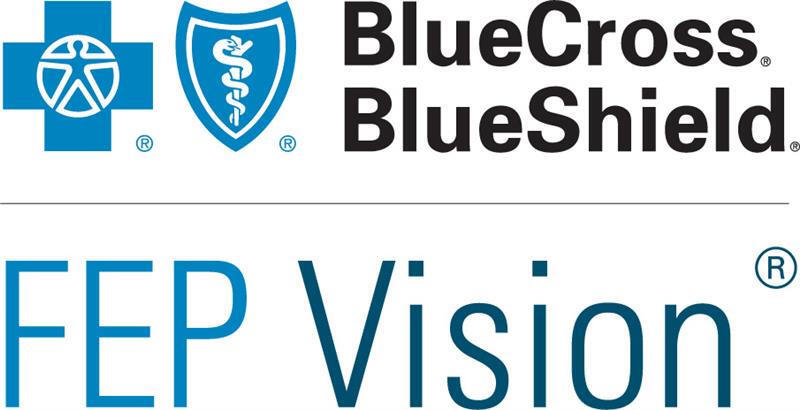Dear Sgt Shaft,
My mother was married for over 21 years to my father, who was in the Navy for about 6 to 8 years through part of WWII and Korean War. Is there any help in the form of home health care she could receive?
Thank you,
LT
Via the internet
Dear LT,
My experts at Military Officers Association of America (MOAA) tell me that her only possible option from veteran programs may be through the VA. You need to work with an authorized Veteran Service Office (VSO) to get help with questions and applications. Check for an office in your area here. This link will get you to your state web site and you'll have to find the page for "County Service Offices" or "Claims Help." The service is free from your state. The only other option might be from state or federal programs. You can find a counselor in your area here. Hope this helps.
Shaft Notes
• The Sarge agrees with the Commander of The American Legion in his strong opposition to White House pressures to raise the cost of TRICARE coverage for some military retirees. TRICARE is the Department of Defense's health-care insurance program for uniformed servicemembers, military retirees and their family members.
As Military.com writer Richard Sisk reports, the White House, as part of 2014 defense budget discussions, is urging the Pentagon to slow the growth of TRICARE costs by phasing in an increase in the TRICARE Prime plan's current enrollment fee for working age retirees as well as raising co-pays for military retirees under the age of 65.
"We have been down this road before," said Daniel M. Dellinge, So, we must again strongly reiterate our opposition to TRICARE fee increases or the imposition of new fees for military retirees, regardless of their age. While we appreciate fiscal realities and acknowledge White House and Pentagon concerns about what they term 'spiraling personnel costs,' we remain steadfast in our belief that economies should not be made at the expense of those who have already sacrificed much for our country."
During their latest national convention, leaders of The American Legion adopted a resolution opposing an earlier move to raise military health-care insurance fees and premiums. The resolution read, in part: "The American Legion sees this proposal as an erosion of quality of life earned benefits from a grateful nation for honorable military service; now, therefore, be it resolved…that The American Legion is strongly opposed to proposed hikes in premiums and or enrollment fees being paid by enrollees in the military's health insurance program known as TRICARE."
• The Department of Veterans Affairs and the Department of Housing and Urban Development have announced that a new national report shows a 24 percent reduction in homelessness among Veterans since 2010.
The report also showed an 8 percent reduction between January 2012 and January 2013. The decline keeps the Obama administration on track to meet the goal of ending Veterans' homelessness in 2015.
"We are on the right track in the fight to end homelessness among Vetrans. While this trend is encouraging news, we know that there is more work to do," said Secretary of Veterans Affairs Eric K. Shinseki. "As President Obama said, we're not going to rest until every Veteran who has fought for America has a home in America. The results in the latest report are a credit to the effort given by our dedicated staff, and our federal, state, and community partners who are committed to ending Veterans' homelessness."
"We're making real and significant progress to reduce homelessness in this country and now is not the time to retreat from doing what we know works," said U.S. Housing and Urban Development Secretary Shaun Donovan. "If we're going to end homelessness as we know it, we need a continued bipartisan commitment from Congress to break the cycle trapping our most vulnerable citizens, especially our Veterans, between living in a shelter or a life on the streets. I understand these are tough budget times but these are proven strategies that are making a real difference. We simply can't balance our budget on the backs of those living on the margins."
The 2013 Point-in-Time Estimates of Homelessness, prepared by HUD, estimates there were 57,849 homeless Veterans on a single night in January in the United States, an 8 percent decline since 2012 and a 24 percent decline since 2010.
VA has made ending Veterans' homelessness by the end of 2015 a top priority, undertaking an unprecedented campaign to dramatically increase awareness of VA services for homeless Veterans and Veterans at risk of becoming homeless. While the number of homeless people in the United States dropped by 4 percent since 2012, according to the 2013 report, Veterans' homelessness has shown a more robust decline. During a period of prolonged economic recovery, the Obama Administration has been able to reduce the number of homeless Veterans by 24 percent, breaking previous patterns of increased homelessness during difficult economies.
Earlier this year, HUD and VA also announced the award of nearly $70 million of HUD-Veterans Affairs Supportive Housing grants to further assist in addressing the issue of Veterans' homelessness. The program combines rental assistance from HUD with case management and clinical services provided by VA. Since 2008, a total of 58,140 vouchers have been awarded and 43,371 formerly homeless Veterans are currently in homes of their own because of the joint HUD-VA program.
One of the tools VA uses in its systematic approach to prevent and end Veterans' homelessness is the Supportive Services for Veteran Families grant program. In July, VA announced the award of nearly $300 million in grants to 319 community agencies to help approximately 120,000 homeless and at-risk Veterans and their families. More recently, VA has announced $8.8 million in grants for 164 projects to acquire vans for homeless providers and to rehabilitate housing, plus $4.9 million in grants for 25 community-based projects to enhance services for Veterans.
• Send letters to Sgt. Shaft, c/o John Fales, P.O. Box 65900, Washington, D.C. 20035-5900; fax 301/622-3330, call 202/257-5446 or email sgtshaft@bavf.org.












